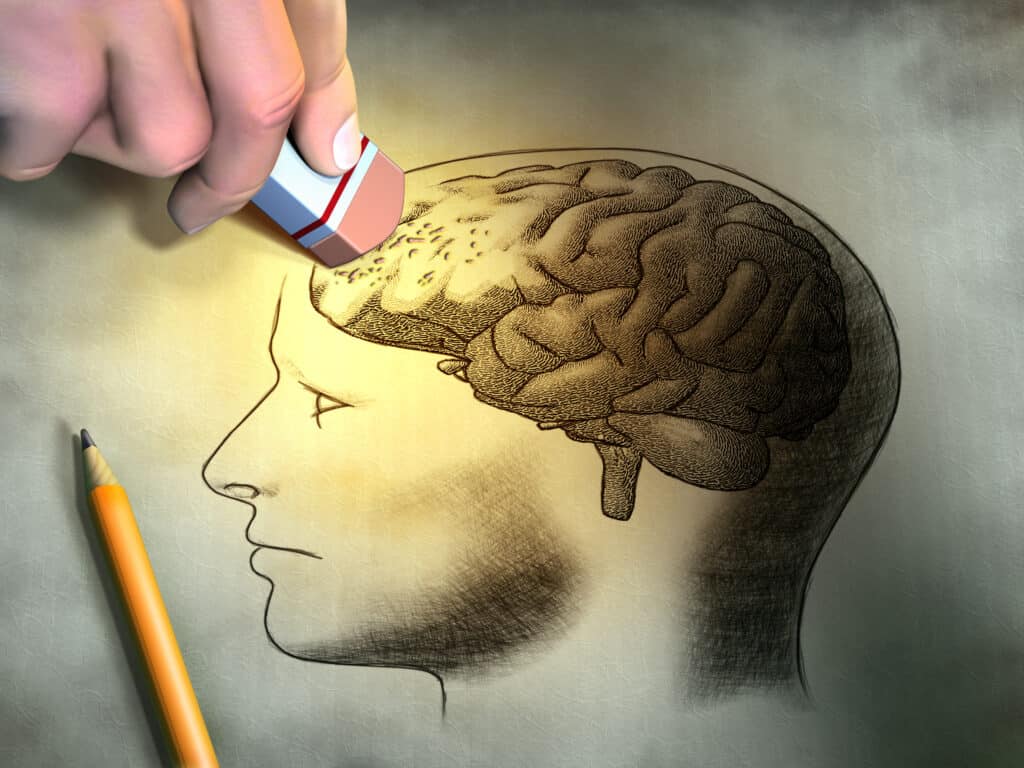
Researchers are beginning to understand that there are physical changes to the brain when a person is depressed. These changes occur in the hippocampus, prefrontal cortex, and amygdala part of the brain responsible for short-term memory. The great news is that while you may forget to pick up your prescription or your groceries, once your depression is treated, these brain parts tend to heal themselves, and your memory can return to normal.
Therapeutic Molecules to Treat Memory Loss
In people with memory loss caused by depression, a 2019 study shows that receiving therapeutic molecules may impact your body’s gamma-aminobutyric acid system and improve your memory even while receiving treatment for depression. Of course, talk to your doctor for more about this.
Ways to Cope With Depression-related Memory Loss
There are many techniques you can try to cope with depression-related memory loss. Often therapy and living a healthier lifestyle are the first steps in treating your depression. As soon as your depression gets even a little bit better, you may notice an improvement in your memory. There are many types of therapy for depression, so be sure to keep working with your treatment provider if one does not seem to work in due time. Options can often include:
• Behavioral Therapy
• Communication Therapy
• Eye Movement Desensitization and Reprocessing Therapy
• Experiential Therapy
• Group Therapy
What Can You Do to Cope With Memory Loss?
You can do several things besides getting treatment for your depression that can help with short-term memory loss. Create a workable routine so that you do your ordinary tasks in order daily. Put each item in its place so that you know where to find things when you need them. Write down important information and rely on to-do lists to help you remember everything you need to accomplish.
A Word of Caution
Depression does not cause all memory loss. Many things can affect your memory, including:
• Brain tumors
• Head injuries
• Hypothyroidism
• Medications
• Mild cognitive impairment
• Natural age-related memory loss
• Vitamin B12 deficiency
At the same time, if your depression is partially to blame for your loss of memory, then finding the right combination of drugs and therapy to improve it can help your memory get better.
If you are feeling depressed, it’s important to talk to a health care professional. Contact American Behavioral Clinics today to set up an appointment. Let’s work together to create a plan that we can implement to help with your depression and short-term loss of working memory. There are many options available, but you have to make the first step by seeking help.
Existing Patients and New Patients, Call us to schedule an appointment, get a prescription refill or just to ask a question:
New Patients ONLY - Want to contact us through a form? CLICK HERE to fill out our contact form.





